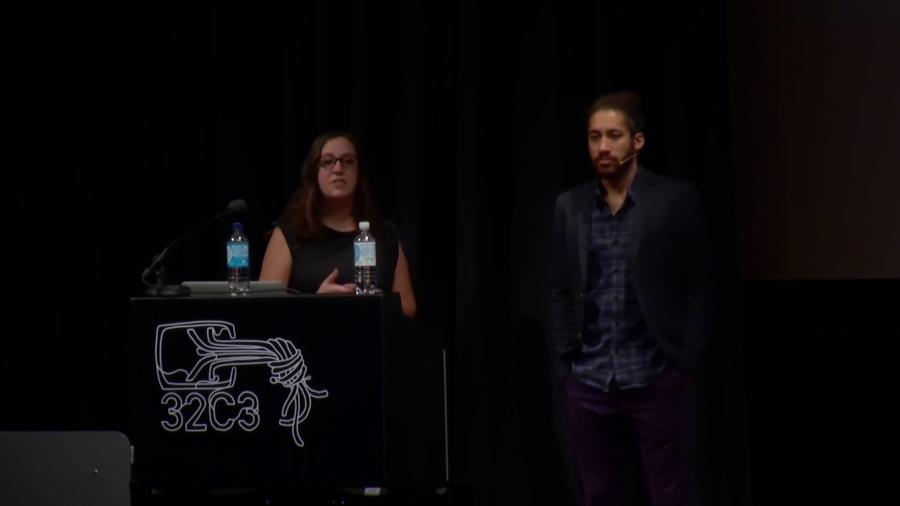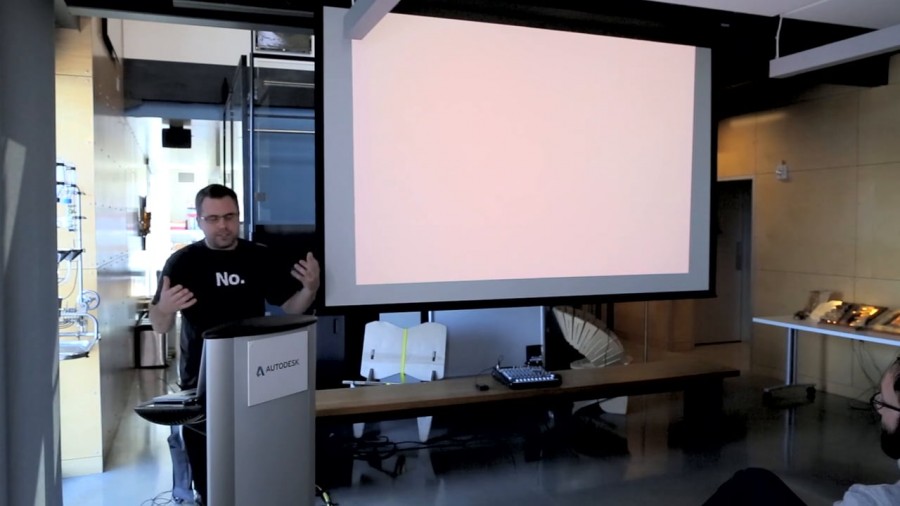Social media companies have an unparalleled amount of influence over our modern communications. […] These companies also play a huge role in shaping our global outlook on morality and what constitutes it. So the ways in which we perceive different imagery, different speech, is being increasingly defined by the regulations that these platforms put upon us [in] our daily activities on them.
Archive (Page 4 of 5)
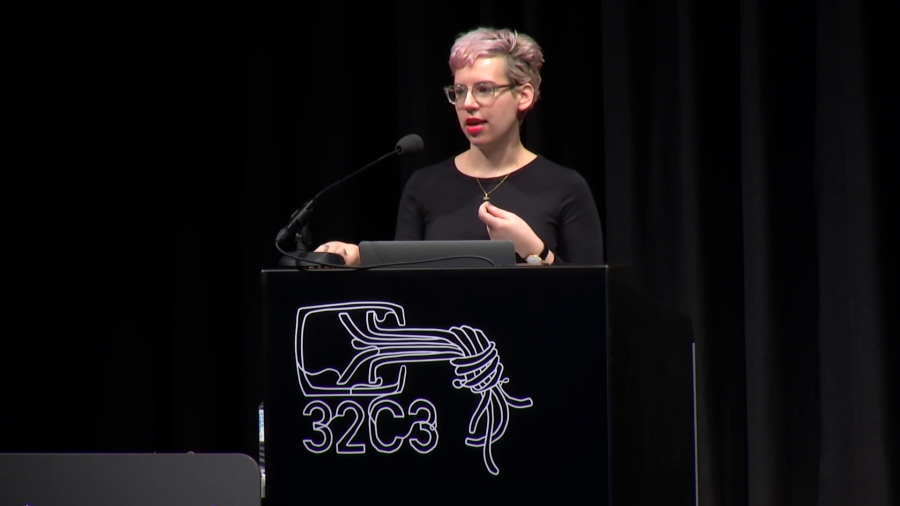
I wonder with all these varying levels of needs that we have as users, and as we live more and more of our lives digitally and on social media, what would it look like to design a semi-private space in a public network?
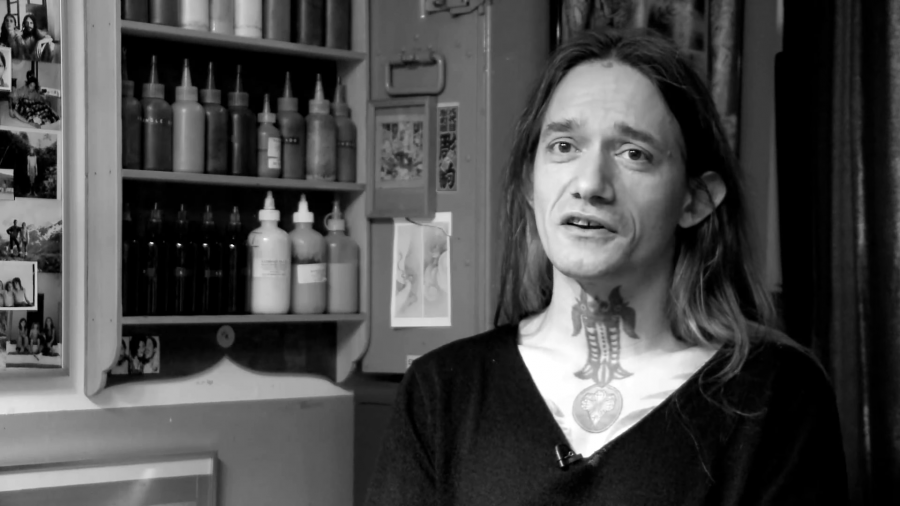
The main drive we all have is the desire to be tattooed. Design comes in secondary, absolutely, because there are multiple choices at every turn that would suit just fine.
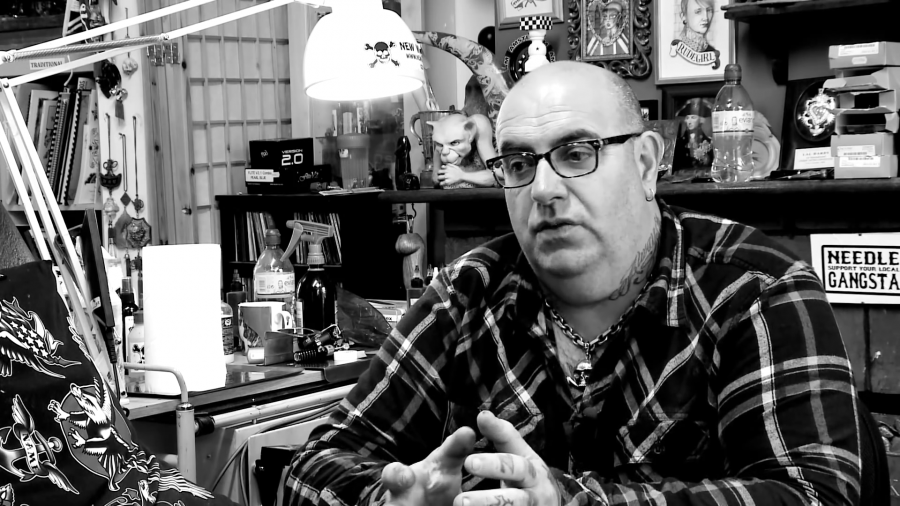
The reality TV shows have been a blessing and a hindrance, I think, to a lot of tattoo artists. The reality is, reality shows aren’t real. But they do make people aware of tattooing.
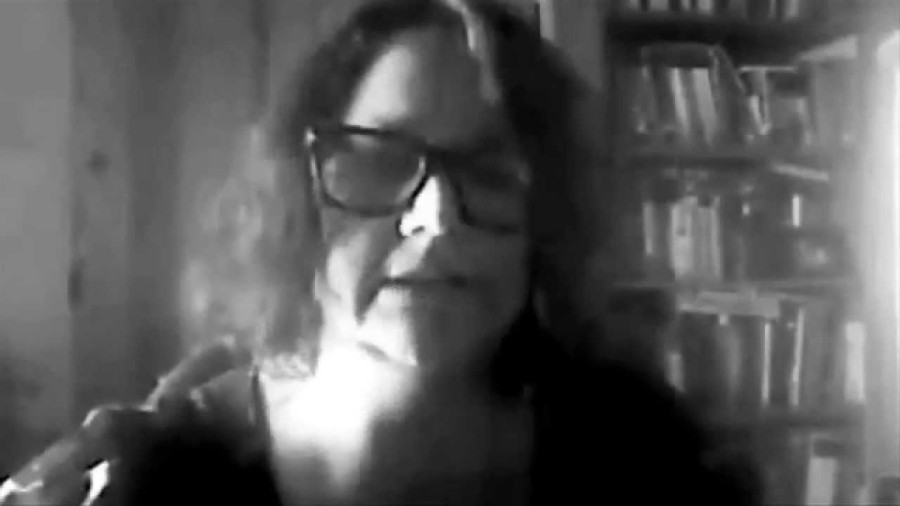
Even if [the media] are going to talk about a fine art show in Paris, they still fall back on those same old phrases, which is, “You’re not going to find sailors here!”
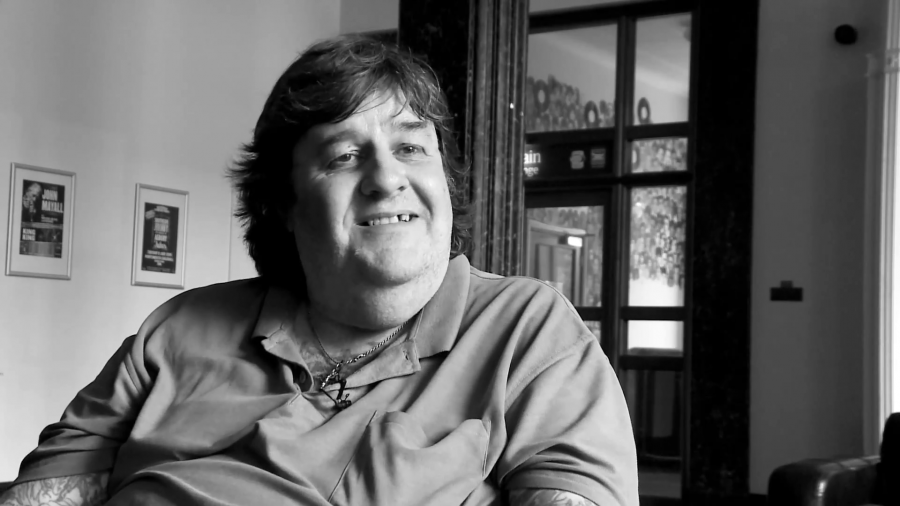
I’ve been tattooed by members of my family and people who’ve never tattooed before, because I just want the mark. To me, the tattooing is more of a mark than an actual picture.
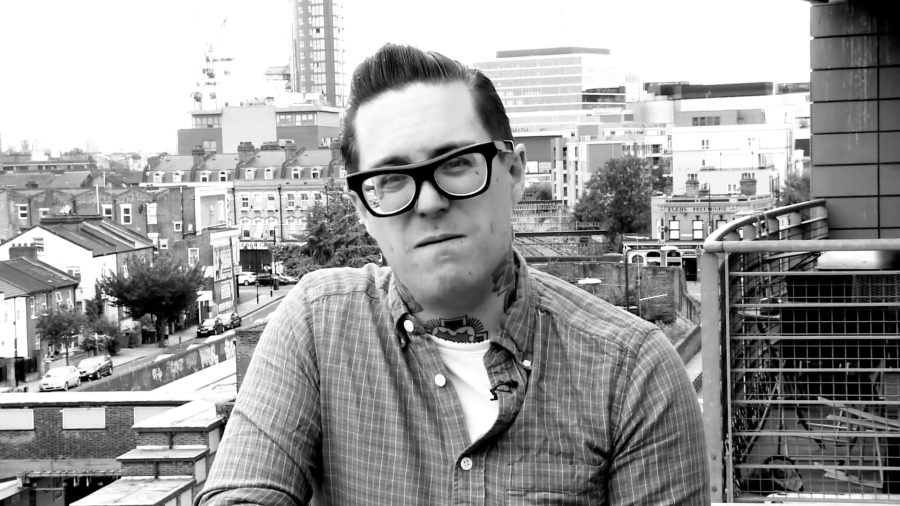
Not really many art professionals, or any art professionals really, have though through what this might mean for art practice and art theory. How can we think about tattooing as an art form? If we do think about it as an art form, what are the consequences of that for the ways tattooing is normally understood?
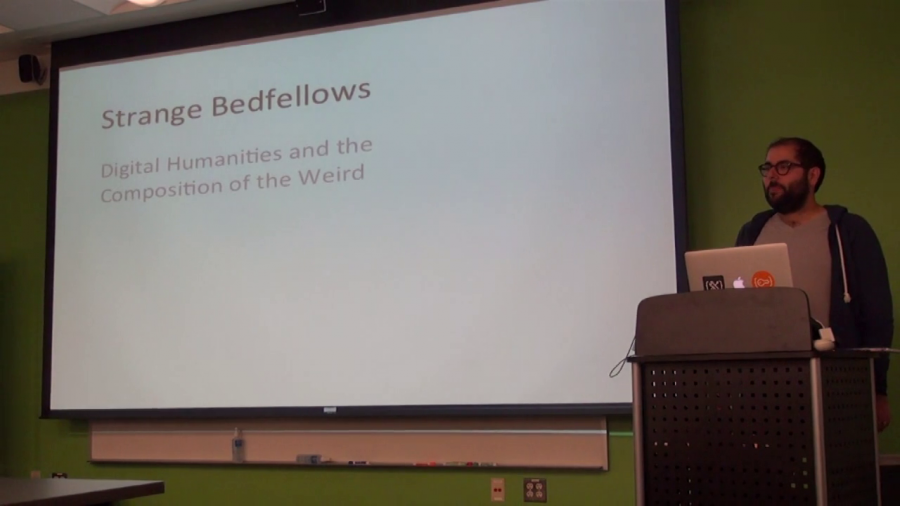
I’m here at MITH today, and I wanted to talk a little bit about digital humanities from my position as an interested outsider. I’ve always kept a finger in academia, at first through game studies and people studying video games, and more recently through electronic literature and those fields. I’m not going to go into a “what is it?” debate because I know everyone who’s in digital humanities is very tired of those, but we know when we see it, right?
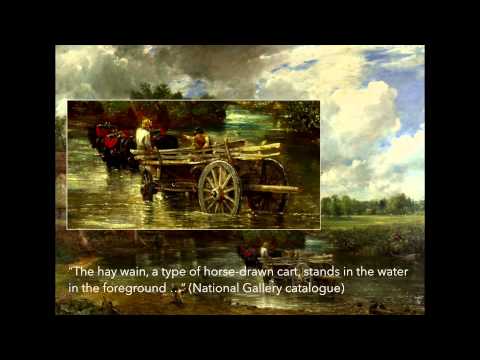
I’m going to be talking about how the arts engage ethically and politically with the technization of the food chain, the chain or flow of sustenance from field to dinner plate. This is an inter-disciplinary talk but don’t worry, I won’t be claiming quite that poems and paintings are computational machines for working out social policy, because that would be crazy. But if I’m not willfully misunderstanding Joscha’s excellent talk on the computational universe, it seems that a likely candidate for the substrate of consciousness is the numinal, the realm of ideas, and that’s precisely where art and literature lives. So it’s the ideal place for deep processing of ethical issues, the big issues like food and tech.

